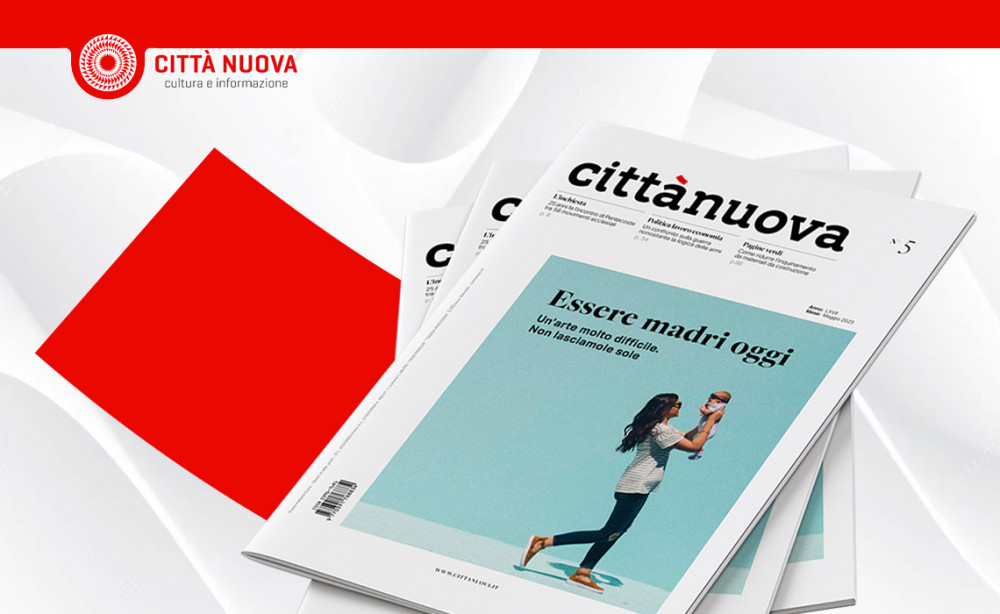According to economic theory, examining the costs and benefits linked to the vote, citizens should desert the polls. Is this the only cause for abstention to the latest elections and are there other kinds of motivations?
By Luigino Bruni
Published on : www.cittanuova.it on 01/04/2010
 Why do people go to vote?
Why do people go to vote?
Economics is still not able to give us completely convincing answers to this question. If we would reason using purely economic criteria, which leads us to choosing in terms of cost and individual benefits, no rational citizen would go out to the voting polls. In fact, the impact that a single vote has on the final results of a political election is very close to nothing, while the cost (especially in time) are all on the individual. In other words, if each person asked himself "what does my vote add to national politics?" and acted accordingly, we ought to find ourselves with deserted polling stations.
But why then, in spite of economic theory and economists, do so many people still go out to vote? Maybe because when we participate in civil and political life, we´re not only looking at individual and material benefits and costs. Rather, we attribute intrinsic or ethical value to political participation in itself. When Franca has to decide to go and vote or not, if the material cost of the vote is 2 (time, gas...), and the benefit is 0.1 (how much her vote will influence election results), if she does not consider other types of benefits, she would calmly stay at home or travel. If, instead, political participation causes her well-being or happiness, and if to that 0.1 a non-material value is added and is high enough, it makes her go to the polls instead of enjoying a restful Sunday.
From this perspective, what can we say about the fall in voter turn-out? Above all, we can deduce that this fall is also a result of a growing number of people who are reasoning in purely individualistic and "economical" terms.
But we can also say something more. When the quality of public debate and the morals of politicians descends, the intrinsic and symbolic value of participation that people have is reduced. And when it goes below a certain critical threshold (for Franca it is 1.9, and each person has his "critical threshold") they may no longer go to vote. "It´s not worth it" is a commonly heard expression that summarizes everything. And even if Franca ignores her "critical threshold", if she does not vote this year, her choice shows us that the intrinsic value she gives to participation has fallen. In this case, even a non-vote is a sign of uneasiness and maybe a request for better quality in political life. Of course, there are citizens whose ethical value for political participation is very high, but many others gravitate around the "threshold", and the moral crisis of politics could have induced many of these to give up voting.
What can we conclude? If we want people to continue to vote, to use their main right-responsibility in a democracy, we need to fill politics with ideals and morality, and do what is necessary so that symbolic but very real value always remains high, and that it "is worth it".







